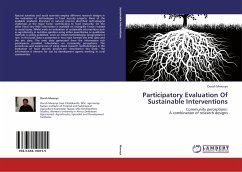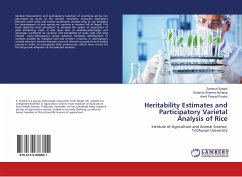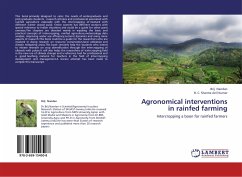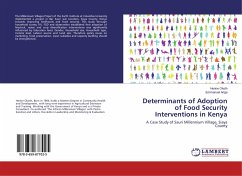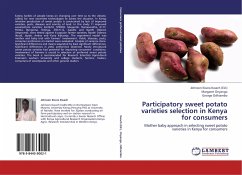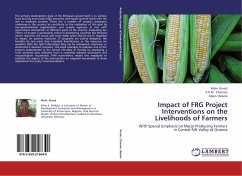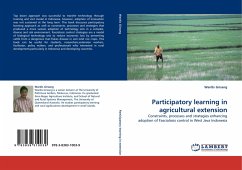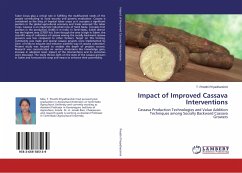Natural scientists and social scientists employ different research designs in the evaluation of technologies in food security projects. Most of the available academic literature in natural sciences identified technological challenges as the major factor contributing to food insecurity. On the other hand very little information is available on intangible factors related to social issues. Whilst work on evaluation of sustainable interventions such as agroforestry in nutrition gardens using either quantitative or qualitative methods is widely published, work on mixed methodologies (pragmatism) is rare. In this book data is presented in two main formats the emic data and the etic data. The emic data generated from the information rich participants provided information on community perceptions. The procedures and experiences of using mixed research methodologies in the evaluation of food security projects are described in this book. The information is relevant for use by development agents working in rural communities.
Bitte wählen Sie Ihr Anliegen aus.
Rechnungen
Retourenschein anfordern
Bestellstatus
Storno

